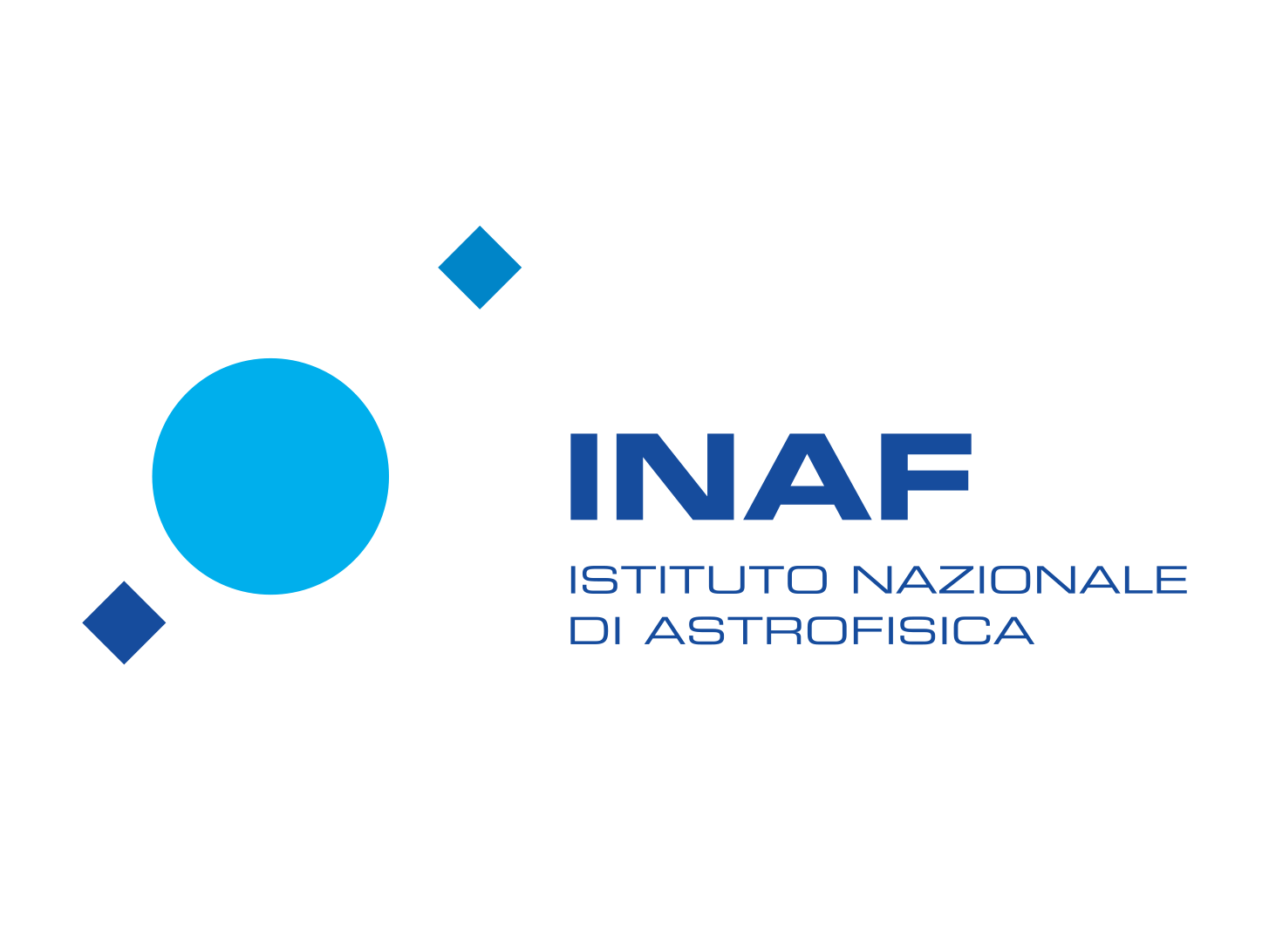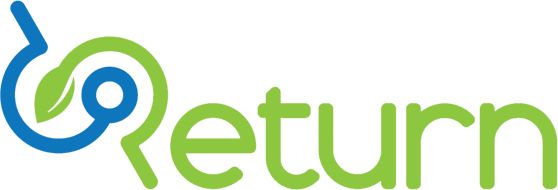Summer school on Planetology, Exploration, Terrestrial analogs, Robotics, Astrobiology, Spectroscopy
2026 edition will be held on Vulcano, Aeolian Islands, Italy May 27th – June 1st
The program is still work in progress, if you want to participate as a speaker, please email alessandro.pisello@unipg.it
Call for students/attendees will be open in February-March 2026
Below, you will find info about the past edition (2025). The program will be similar but not identical.
_____________________________________________________________________________________________________________
Vulcano, Aeolian islands, Italy June 4th – June 9/12th 2025

The PETRAS Vulcano School 2025 will be held from 04/06/25 to 09/06/25. A data collection campaign will follow until 12/06/24, PETRAS attendees might participate to this campaign upon request.
PETRAS is a summer school aimed at PhD students, but also open to master’s students and post-doctoral researchers. This is a result of a collaboration between researchers belonging to University of Perugia (UniPG), TU Bergakademie Freiberg (TUBAF), IU international University of Applied Sciences (IUBH), European Astrobiology Institute (EAI), German Research Center for Artificial Intelligence (DFKI), Italian Institute for Astrophysics (INAF), Italian space agency (ASI) and various sections of German Aerospace Center (DLR). The school is part of the training program offered by the PhD Board of the Earth System and Global Changes doctoral course of the University of Perugia (4-9 ECTS).
PETRAS Vulcano School promotes a multidisciplinary approach, involving volcanologists, geophysicists, astrobiologists, electronic/mechanical engineers and computer scientists to provide a 360-degree vision of the different skills needed by the planetary sciences community.
PETRAS Vulcano School 2025 is part of the Vulcano International Summer School initiative which has been ongoing since 2015 and has been funded over the years by Helmholtz Alliance Robotic Exploration of Extreme Environments (ROBEX), EAI, Europlanet, ARCHES and iFOODis.
Program
PETRAS field experiences will alternate with thematic seminars in various areas of planetary sciences. Program is currently updating: confirmed list of seminars and activities follows below:

SEMINARS
Planets & Asteroids
- K. Otto (DLR Berlin) – Active Volcanism in the Solar System: A geophysics perspective
- A. Pisello (UniPG) – Comparative Volcanology of Terrestrial Planets
- G. Poggiali (INAF) – Minerals and meteorites, an infrared laboratory view of planetary surfaces
- S. Ieva (INAF) – Differentiated asteroids in the solar system: where are they now?
- G. Ortenzi (INGV) – Magma ocean degassing and applications
- M. Porreca (UniPG) – Geological history of Vulcano island
Astrobiology
- M. Baqué (DLR-PF) – Planetary analogs and life in extreme conditions
- A. Cassaro (ASI) – Survival of microbes and fungi under extreme conditions
- R.G. Urso (INAF) – Astrobiology & Astrochemistry in the laboratory
- W. Geppert (EAI) – Astrochemistry + The role of the EAI
- M. T. Muscari Tomajoli (UniParthenope)- How do organisms adapt to extreme environments?
Exploration
- J. Dodiya (IU) – VR and AR for Geospatial Applications
- P. Irmisch (DLR) – Integrated localization and 3D reconstruction with IPS at Vulcano
- T. Kraft (DLR) – Real-Time Mapping with Drones
- J. Boerner (TUBAF) – Geophysical methods for geological exploration
- S. Stapperfend (TU – Berlin) – Lunar In-Situ Resource Utilization
Robotics
- Neurospace – Planetary rover platforms for CubeSat standards
- Raúl Domínguez (DFKI) – Coyote 3 micro rover for navigation in extreme terrains
… and more TBA
Miscellaneous
- L. Tonietti (UniParthenope) – The Good, The Bad and The Ugly side of Science
ACTIVITIES
Fieldwork
- Volcanological excursion on La Fossa Crater – M. Porreca, A. Pisello (UniPG) G. Ortenzi (INGV)
- Environmental Sampling and Analysis (sediments, fluids and biofilms): implications for astrobiology – A. Cassaro (ASI), Luca Tonietti (UniParthenope), R.G. Urso (INAF)
- Spectroscopy: on-field detection of minerals – M Baqué (DLR), G. Poggiali (ASI)
- Drone flying and IPS demonstration on planetary field analogues – P. Irmisch (DLR), C. Riedel (Univ . Potsdam), T. Kraft (DLR)
- Exploration: robotics and geophysics – J. Boerner (TUBAF)
- Coyote 3: Navigation data collection, autonomous navigation tests and robustness evaluation – Raúl Domínguez (DFKI)
Workshops/Panels
- WORKSHOP: Geospatial data products from drone imagery – C. Riedel (Univ. Potsdam)
- WORKSHOP: Raman and IR spectra interpretation – M. Cassetta (UniTO)
- PANEL: Navigating dancing mountains: A conversation on the impact of GenAI on adacemic practices and education. D. Van Erp (Amsterdam University)
… and more TBA
| Scientific Organizing Committee (SOC) | Local Organizing Committee (LOC) |
| M. Baqué (DLR) J. Boerner (TUBAF) J Dodiya (IU) P. Irmisch (DLR) C. Riedel (UP) G. Poggiali (INAF) T. Bohnhardt (DLR) A. Pisello (UniPG) G. Ortenzi (INGV) W. Geppert (EAI) R. Domínguez (DFKI) | A. Pisello (UniPG) G. Ortenzi (INGV) M. Porreca (UniPG) R. G. Urso (INAF) S. Ieva (INAF) A. Cassaro (ASI) V. Unnithan (CU) F. Sohl (DLR) K. Gwinner (DLR) |
Participation and costs
Admission is subject to limited availability (ca. 15-20 students) and will be assigned on a on a first come-first served basis.
PETRAS summer school for students/Phd candidates/Post docs is offered for free, thanks to the contributions of the involved institutions, but we organize accommodation at Vulcano Blu residence (apartments for 4-8 people with kitchen and bathroom, in a structure with swimming pool and bar) and accommodation costs should be covered by the attendees: maximum expected cost is between 300-350 Euros (depending on duration of staying) thanks to an agreement between the organization and the residence. The organization will handle the booking and the accommodation arrangement.
The attendance between 04/06/25 to 09/06/25 is compulsory to obtain a certificate of attendance. Lectures will start on 04/06 at 15:00.
Attendance between 09/06 and 12/06 is optional (but will be included in the certificate of attendance if desired), in those days, participants will be able to seek collaborations with various research groups and/or collect data for their research project/doctoral thesis.
We have reached the maximum number of applicants. If you want to apply anyway to be in the waiting list, you can do it here (FORM), but the slot is not guaranteed.
ESA Academy Short Course Scholarship Programme

The ESA Education Office is pleased to sponsor up to 5 tertiary education students to attend PETRAS Vulcano Summer School 2025 in the frame of the ESA Academy Short Course Scholarship programme.
The scholarship will provide a maximum reimbursement of EUR 650 (350 for accommodation and 300 for travel expenses) which will be reimbursed via a single bank transfer after the course and
will be paid upon submission of receipts.
To be eligible for an ESA Academy Short Course Scholarship, students must fulfil the following criteria at the time of application:
· be minimum 18 years old at the time of the short course;
· attend the entire summer school, that is from the 4th to the 12th of June
· be a citizen of an ESA Member State, Associate Member, or Canada;
· be enrolled as a student (Bsc, Msc, or Ph.D.) in a tertiary education academic programme (not graduating before the short course);
· not be able to attend the course through their academic programme;
· not benefit from an overlapping financial support to attend this short course, unless duly justified;
· agree with the conditions of the ESA Academy’s Privacy Policy
Priority will be given to students who have less than 2 years of professional experience and have never taken part in an activity sponsored by the ESA Education Office.
All the applicants who secured themselves a slot will receive a link to apply for the Scholarship. If you have secured yourself a slot but did not receive the link to apply by March 27th, contact the organization.
The deadline for applications is Sunday April 13th at 23:59 CEST. The decision by the Selection Committee (SOC and LOC together) will be communicated by April 30th.
ESA is committed to achieving diversity and creating an inclusive environment. To this end, applications from all eligible candidates irrespective of gender, sexual orientation, ethnicity, beliefs, age, disability, social origin, or other characteristics are welcome.
Acknowledgments

PETRAS Vulcano School 2025 is partially supported by INAF (Italian Institute for Astrophysics) as a part of the INAF initiative to contribute to Workshops, Schools and Congresses.

PETRAS Vulcano School 2025 is partially supported by the Volc-Lapse project
(Progetto a Cascata – RETURN) CUP: H93C22000610002

PETRAS 2024 group picture.
How to reach Vulcano island
Participants should be on the island on June 4th in the morning. Activities of the 4th of June will start at 15:00.
The island can be reached by boat from Naples, from Reggio Calabria or from Sicily: the nearest international airports are Naples (Napoli Capodichino airport) and Catania (Catania Fontanarossa airport):
– If you land in Naples, it is necessary to be there on June 3rd since there is a ferry (operated by Siremar/Caronte&Tourist) leaving from Naples’ central harbor on at 20:00 arriving on Vulcano the next morning.
– If you land in Catania: there are daily buses leaving from Catania airport to reach Milazzo harbor (2 hours connection). From there, several fast boats are available to reach Vulcano (operated by Liberty Lines) . If you choose this option, be aware that it takes averagely 3-4 hours from Catania’s airport to Vulcano island.
——————
Special thanks for Logo Artwork: Maria Teresa Muscari Tomajoli

